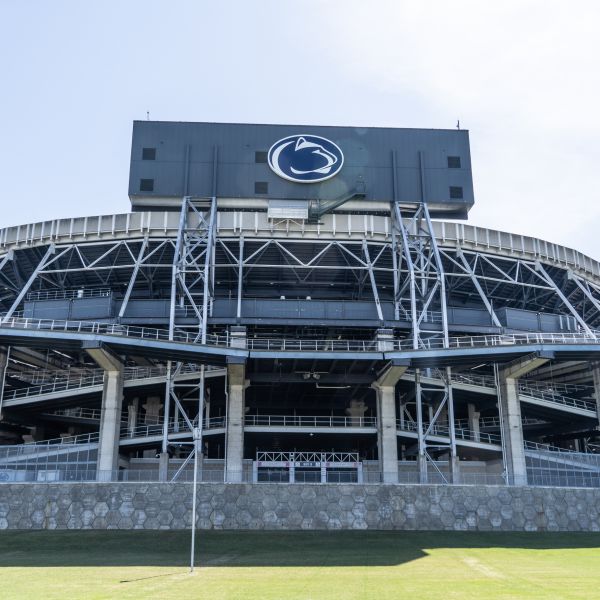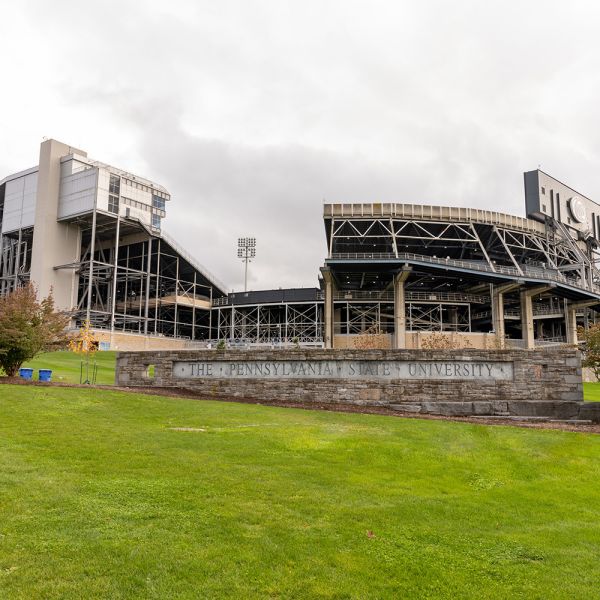Overview
Penn State is home to the second largest football stadium in the country. With a seating capacity of more than 100,000, Beaver Stadium is widely thought of as one of the best stadiums in college football and one of the toughest venues for opposing teams. The stadium was built in 1960 and has undergone six renovations/expansions. As the stadium entered its 62nd year as home to the Nittany Lions, Penn State was considering various options for the future of Beaver Stadium and hired CAA ICON to perform feasibility and strategic planning services as the university contemplated next steps.
Approach
CAA ICON provided the following Feasibility and Planning Services:
Market and Financial Feasibility Analysis: Provided a comprehensive understanding of the market demand to drive programming recommendations and created a financial model for the venue to quantify operating revenues and expenses.


Result
In 2023, Penn State announced plans to renovate Beaver Stadium. The renovation will be completed in phases to allow the football team to continue playing home games during the overhaul. Potential options being considered are improved bathrooms, enhanced WiFi, and upgraded concessions.